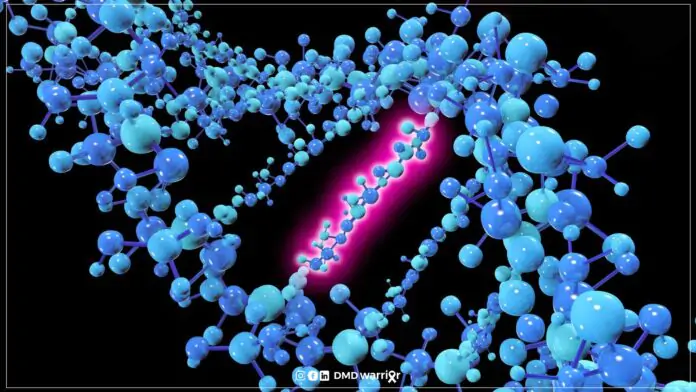For millions of people, losing muscle means losing their freedom as well as their strength. Muscle loss, whether from Duchenne muscular dystrophy, aging, or other degenerative diseases, can make daily tasks like standing up, walking, and climbing stairs difficult. However, a new finding by scientists at the University of Houston College of Pharmacy may help alter that.
Table of Contents
Effect of Fn14 Protein
By determining a hitherto unknown function of a protein called Fn14 in controlling satellite cell stability and function, the team—led by Ashok Kumar, Else and Philip Hargrove Endowment Professor of Drug Discovery and director of the Institute of Muscle Biology—discovered a possible therapeutic target in muscular disorders. Their research has been published in JCI Insight. [IMBC]
Satellite cells, also referred to as muscle stem cells, are in charge of muscle growth, repair, and regeneration.
“Our findings demonstrate how Fn14 contributes to the preservation of muscle stem cells and ensures effective muscle regeneration,” stated Meiricris Tomaz da Silva, the first author of the work and a post-doctoral fellow in Kumar’s group. “We can investigate novel approaches to promote muscle repair in diseases like Duchenne muscular dystrophy and age-related muscle loss by better understanding this mechanism.”
Fn14 May Provide Protection of the Skeletal Muscle System
On the team was Aniket S. Joshi, a doctoral student.
Following muscle injury, the study showed that satellite cells had higher amounts of Fn14. In contrast, skeletal muscle atrophy in a variety of situations, including aging and degenerative muscle diseases such muscular dystrophy, is largely caused by a decrease in satellite cell content and function.
“We have identified the function of fibroblast growth factor–inducible 14 (Fn14) in skeletal muscle regeneration regulation in response to acute injury and in a Duchenne muscular dystrophy model,” says Kumar. “The study demonstrates the importance of Fn14 in preserving the muscle stem cell pool in adult skeletal muscle.”
Muscle Regeneration can Occur
Fn14 signaling is essential for muscle progenitor cells—early-stage cells that aid in the formation of new muscle—to proliferate and fuse with damaged muscle fibers, facilitating repair and regeneration, according to the findings of Kumar’s current and earlier research published in the Life Science Alliance journal. [Life Science]
“Our results indicate that increasing Fn14 levels in satellite cells may be a significant therapeutic strategy for a number of muscle wasting diseases, including aging and degenerative muscle disorders,” Kumar added.



